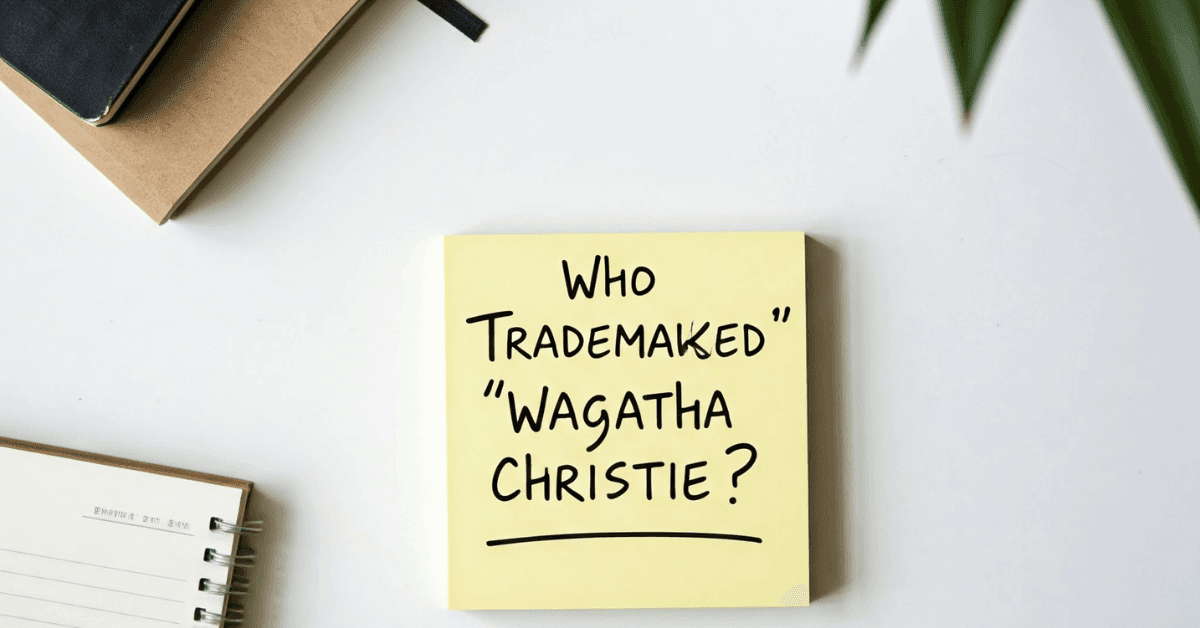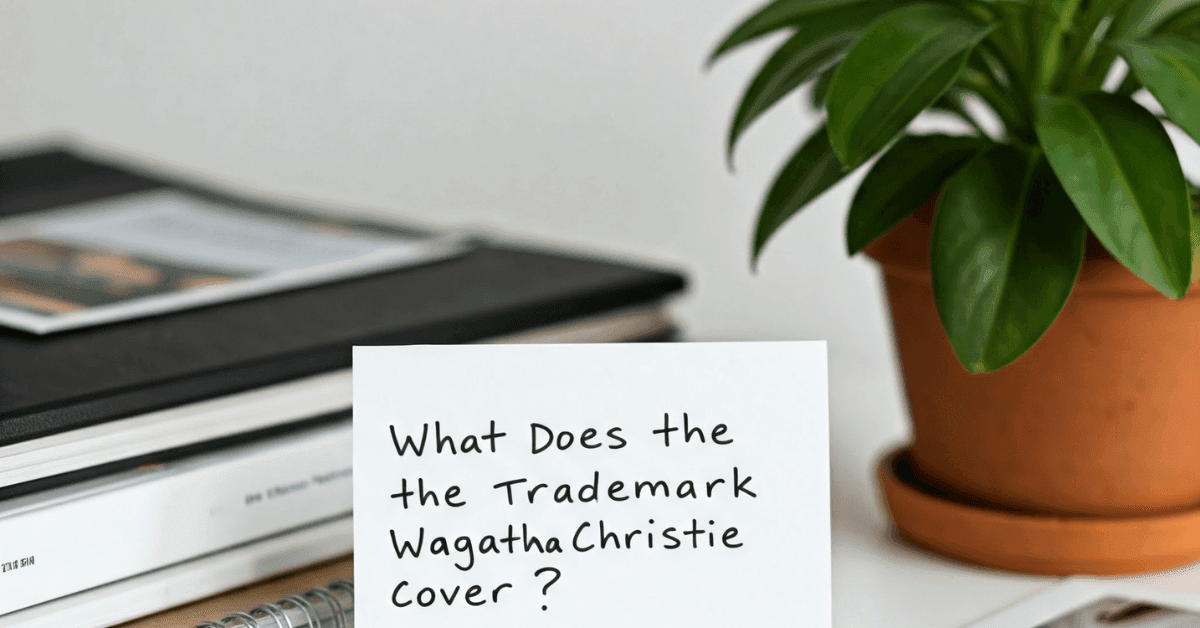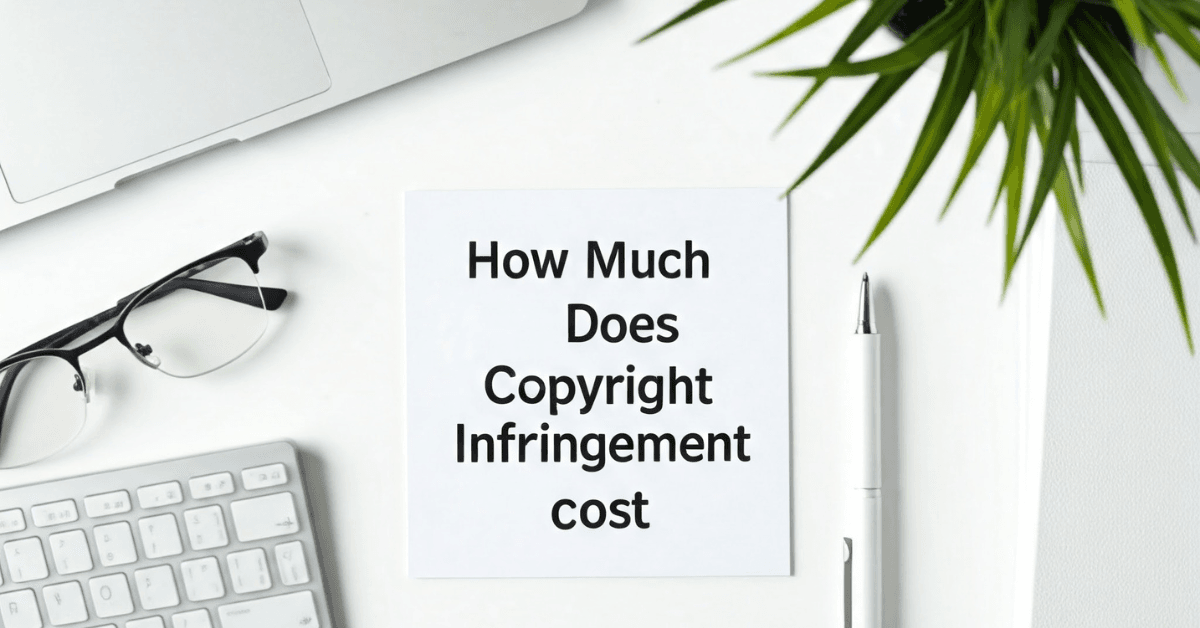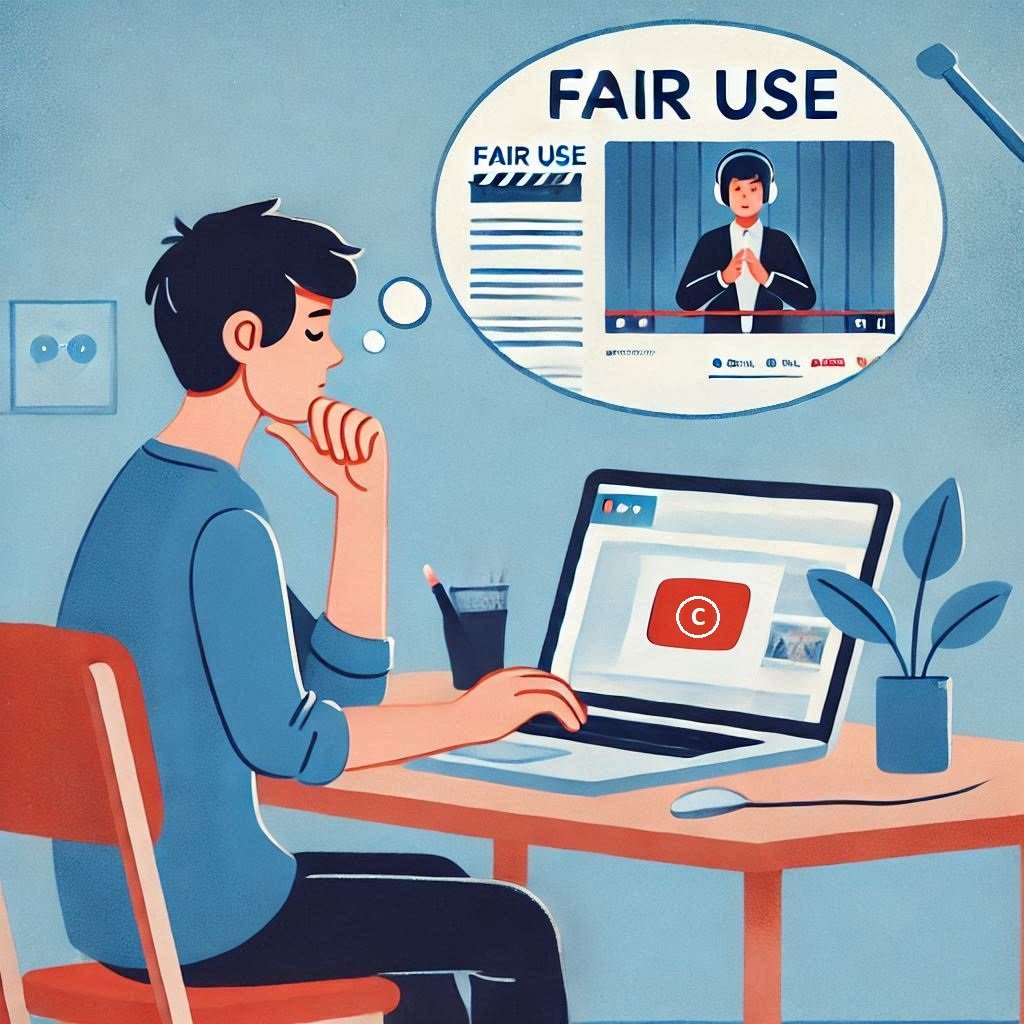Have you heard about the term “Wagatha Christie” trending on the internet? It’s a fascinating story that involves two high-profile celebrities, Rebekah Vardy and Coleen Rooney.
But who actually owns the trademark for ‘Wagatha Christie’? That’s the big question. Let’s jump into the details and find out who owns the trademark for ‘Wagatha Christie’.
What is "Wagatha Christie"?
“Wagatha Christie” is a playful pun combining the words “Wag” (a term used for wives and girlfriends of footballers) and “Agatha Christie” (the famous mystery writer).
The term gained popularity during the legal battle between Rebekah Vardy and Coleen Rooney, where Rooney accused Vardy of leaking stories about her private life to the press.
Who Trademarked "Wagatha Christie"?

Rebekah Vardy trademarked the phrase “Wagatha Christie” through her company, London Entertainment Inc Ltd, in August 2022. The trademark was officially registered in April 2023.
This move came after Vardy lost her libel case against Rooney, and she was ordered to pay Rooney’s legal fees, which amounted to around £1.5 million.
Why Did Rebekah Vardy Trademark the Phrase?
You might be wondering why Vardy decided to trademark the phrase if she didn’t come up with it herself.
Well, comedian Dan Atkinson claims he coined the term, but that doesn’t matter in trademark law. According to the UK Intellectual Property Office (IPO), trademark law allows for the registration of distinctive and non-deceptive words, sounds, logos, colours, or a combination of any of these used to identify and distinguish goods or services.
By trademarking “Wagatha Christie,” Vardy gains exclusive rights to use the name commercially in the UK. This means she can profit from licensing it for products, merchandise, or media projects, such as clothing lines or entertainment content.
Can Someone Trademark a Phrase They Didn't Coin?
In trademark law, it is not necessary for the person registering the trademark to be the original creator of the phrase. As long as the phrase is distinctive and not previously registered, anyone can apply to trademark it.
In this case, although comedian Dan Atkinson coined the term “Wagatha Christie,” he did not trademark it. Rebekah Vardy saw the potential for commercial use and decided to trademark the phrase. This gives her the exclusive right to use the term commercially.
What Does the Trademark " Wagatha Christie" Cover?

The trademark covers a wide range of categories, including broadcasting, jewellery, beauty products, drinks, stationery, and fashion design.
However, Vardy’s application to use the phrase on clothing and certain household items was denied due to opposition from Welspun UK Limited, which owns the towel and bedding brand Christy.
Can Others Use the Phrase "Wagatha Christie"?
Since Vardy owns the trademark, anyone wishing to use the phrase commercially in the UK will need to get her permission and potentially pay a fee. According to the UK Intellectual Property Office, when you register your trademark, you’ll be able to:
Take legal action against anyone who uses your brand without your permission, including counterfeiters.
Put the ® symbol next to your brand to show that it’s yours and warn others against using it.
Sell and license your brand.
Why Should You Care About Trademarks?
You might be thinking, “Why does this matter to me?” Well, trademarks are crucial for protecting intellectual property and ensuring that creators can benefit from their work. Whether you’re an artist, writer, or entrepreneur, understanding trademarks can help you safeguard your creations and avoid legal disputes.
Conclusion
So, that’s the story. Rebekah Vardy now owns the rights to use the term “Wagatha Christie” for business purposes. Even though she didn’t come up with the term herself (comedian Dan Atkinson did), she registered it legally, giving her control over its commercial use. This case shows how trademark laws work.
Trademarks can cover different elements such as words, logos, and colours. This case shows how trademark laws work and how celebrities can use them to their advantage.
It’s a fascinating example of how something that starts as an online joke can turn into a legal and business opportunity. What do you think about all this?
Disclaimer: The information in this article is for general purposes only and reflects my opinion and research. Consult a legal professional for specific advice on trademarks or legal matters. The author is not responsible for any errors, omissions, or consequences from using the information provided.



